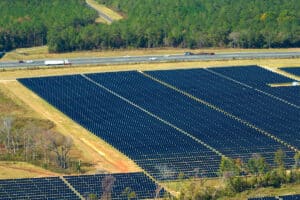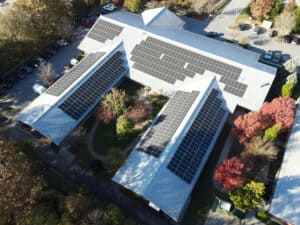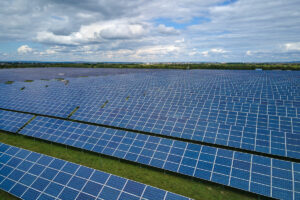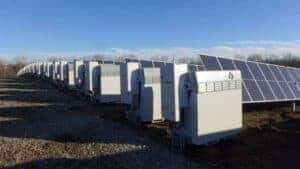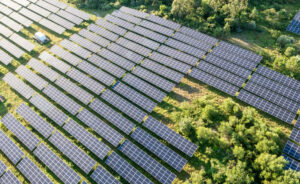Last April, the Energy Storage ITC Act, formally known as the Energy Storage Tax Incentive and Deployment Act of 2019, was introduced to Congress by U.S. Congressman Mike Doyle from Pennsylvania. As of this month, the bill has 61 cosponsors, with the 61st joining May 1st, 2020.
What is the Energy Storage ITC Act?
This bill would establish a federal investment tax credit (ITC) for energy storage. The current law only allows energy storage to qualify for an ITC when paired with a solar project under certain circumstances.
The legislation would allow commercial and residential energy storage project developers to receive a 30 percent tax credit for large-scale, commercial-scale, and residential-scale storage projects through 2021. Just like the solar ITC, the incentive would phase down and eventually settle on a permanent 10 percent credit for commercial projects.
As stated in the Energy Storage Tax Incentive and Deployment Act of 2019, the bill expands the tax credit for investments in energy property to include equipment that receives, stores, and delivers energy using batteries, compressed air, pumped hydropower, hydrogen storage (including hydrolysis), thermal energy storage, regenerative fuel cells, flywheels, capacitors, superconducting magnets, or other technologies identified by the Internal Revenue Service; and has a capacity of at least five-kilowatt hours.
What is Energy Storage and its Benefits?
In short, energy storage systems save excess energy and convert it back to electricity. Energy storage technologies include batteries, flywheels, pumped hydro, thermal storage, compressed air, and others. The benefits of the energy storage system are listed below and occur when the system is connected to the grid as an independent resource and when storage is paired with any energy source.
1. Builds Resiliency and Reliability
By installing an energy storage system, businesses make a step towards improved resiliency. Energy storage provides flexibility and ensures uninterrupted power for your business. This flexibility is critical to both reliability and resilience. As the cost of outages continues to rise, the value of enhanced reliability and improvements in resilience also increases.
According to a statement by the Solar Energy Industries Association, it’s clear that combining clean, reliable solar energy with effective storage is the next frontier in securing a resilient and reliable electrical grid.
2. Balances Supply and Demand
Energy storage also helps balance supply and demand instantaneously by storing electricity from low-cost energy sources, like wind, and releasing that power during high demand periods. Also, when demand changes quickly, and flexibility is required, energy storage can inject or extract electricity as needed to exactly match load – wherever, and whenever it’s needed.
3. Reduce Environmental Impacts
An energy storage system can reduce greenhouse gas emissions. By introducing more flexibility into the grid, energy storage can help integrate more solar, wind, and distributed energy resources. It can also improve the efficiency of the grid – increasing the capacity factor of existing resources – and reducing reliance on pollution-emitting peak power plants.
As the energy supply mix gets cleaner with low- and no-carbon resources, energy storage helps that supply mix evolve more easily and reliably.
Where is the Energy Storage ITC Bill Now?
The energy storage ITC bill is still in the House. An identical bill is in the House and has been read twice and referred to the Committee of Finance. The indicial bill was filed one week after the House bill was filed, Senators Dianne Feinstein, Martin Heinrich, and Cory Gardner introduced the bipartisan Energy Storage Tax Incentive and Deployment Act of 2019 to the Senate. Another bill called Incentivizing New and Valuable Energy Storage Technology (INVEST) Act of 2019 has also been referred to the House Committee on Ways and Means as December 12, 2019.
For More Information
For more up-to-date industry information, check out our social channels. To learn more about energy storage systems and how to fund an energy project, contact us!

